Steppe on Fire: Kazakhstan’s Color Revolution
By Pepe Escobar posted with permission and widely cross-posted
ALSO: ALEX MERCOURIS'S ANALYSIS

The New York Times reported on Thursday that Kazakhstan's largest city, Almaty, was being convulsed by riots. (Picture: Flame and smoke rise from Almaty's City Hall).
British intelligence may be behind this adventure, says Pepe Escobar. A diversionary maneuver pregnant with strategic headaches for the Kremlin, and designed to weaken Putin's hand in the forthcoming summit with Biden.
So is that much fear and loathing all about gas? Not really.
Kazakhstan was rocked into chaos virtually overnight, in principle, because of the doubling of prices for liquefied gas, which reached the (Russian) equivalent of 20 rubles per liter (compare it to an average of 30 rubles in Russia itself).
That was the spark for nationwide protests spanning every latitude from top business hub Almaty to the Caspian Sea ports of Aktau and Atyrau and even the capital Nur-Sultan, formerly Astana.
The central government was forced to roll back the gas price to the equivalent of 8 rubles a liter. Yet that only prompted the next stage of the protests, demanding lower food prices, an end of the vaccination campaign, a lower retirement age for mothers with many children and – last but not least – regime change, complete with its own slogan: Shal, ket! (“Down with the old man.”)
The “old man” is none other than national leader Nursultan Nazarbayev, 81, who even as he stepped down from the presidency after 29 years in power, in 2019, for all practical purposes remains the Kazakh gray eminence as head of the Security Council and the arbiter of domestic and foreign policy.
The prospect of yet another color revolution inevitably comes to mind: perhaps Turquoise-Yellow – reflecting the colors of the Kazakh national flag. Especially because right on cue, sharp observers found out that the usual suspects – the American embassy – was already “warning” about mass protests as early as in December 16, 2021.
Maidan in Almaty? Oh yeah. But it’s complicated.
Almaty in chaos
For the outside world, it’s hard to understand why a major energy exporting power such as Kazakhstan needs to increase gas prices for its own population.
The reason is – what else – unbridled neoliberalism and the proverbial free market shenanigans. Since 2019 liquefied gas is electronically traded in Kazakhstan. So keeping price caps – a decades-long custom – soon became impossible, as producers were constantly faced with selling their product below cost as consumption skyrocketed.
Everybody in Kazakhstan was expecting a price hike, as much as everybody in Kazakhstan uses liquefied gas, especially in their converted cars. And everybody in Kazakhstan has a car, as I was told, ruefully, during my last visit to Almaty, in late 2019, when I was trying in vain to find a taxi to head downtown.
It’s quite telling that the protests started in the city of Zhanaozen, smack into the oil/gas hub of Mangystau. And it’s also telling that Unrest Central immediately turned to car-addicted Almaty, the nation’s real business hub, and not the isolated, government infrastructure-heavy capital in the middle of the steppes.
At first President Kassym-Jomart Tokayev seemed to have been caught in a deer facing the headlights situation. He promised the return of price caps, installed a state of emergency/curfew both in Almaty and Mangystau (then nationwide) while accepting the current government’s resignation en masse and appointing a faceless Deputy Prime Minister, Alikhan Smailov, as interim PM until the formation of a new cabinet.
Yet that could not possibly contain the unrest. In lightning fast succession, we had the storming of the Almaty Akimat (mayor’s office); protesters shooting at the Army; a Nazarbayev monument demolished in Taldykorgan; his former residence in Almaty taken over; Kazakhtelecom disconnecting the whole country from the internet; several members of the National Guard – armored vehicles included – joining the protesters in Aktau; ATMs gone dead.
And then Almaty, plunged into complete chaos, was virtually seized by the protesters, including its international airport, which on Wednesday morning was under extra security, and in the evening had become occupied territory.
Kazakh airspace, meanwhile, had to contend with an extended traffic jam of private jets leaving to Moscow and Western Europe. Even though the Kremlin noted that Nur-Sultan had not asked for any Russian help, a “special delegation” was soon flying out of Moscow. Kremlin spokesman Dmitry Peskov cautiously stressed, “we are convinced that our Kazakh friends can independently solve their internal problems”, adding, “it is important that no one interferes from the outside.”
Geostrategy talks
How could it all derail so fast?

Nazarbayev: One of the richest nepotistic oligarchs and head of the most powerful clan. He has tried to personify "multi-vector” foreign policy, opportunistically balancing "the West" and Russia, but the game of flirting with the West and dissing Moscow is over.
Up to now, the succession game in Kazakhstan had been seen mostly as a hit across Northern Eurasia. Local honchos, oligarchs and the comprador elites all kept their fiefdoms and sources of income. And yet, off the record, I was told in Nur-Sultan in late 2019 there would be serious problems ahead when some regional clans would come to collect – as in confronting “the old man” Nazarbayev and the system he put in place.
Tokayev did issue the proverbial call “not to succumb to internal and external provocations” – which makes sense – yet also assured that the government “will not fall”. Well, it was already falling, even after an emergency meeting trying to address the tangled web of socioeconomic problems with a promise that all “legitimate demands” by the protesters will be met.
This did not play out as a classic regime change scenario – at least initially. The configuration was of a fluid, amorphous state of chaos, as the – fragile – Kazakh institutions of power were simply incapable of comprehending the wider social malaise. A competent political opposition is non-existent: there’s no political exchange. Civil society has no channels to express itself.
So yes: there’s a riot goin’ on – to quote American rhythm’n blues. And everyone is a loser. What is still not exactly clear is which conflicting clans are flaming the protests – and what is their agenda in case they’d have a shot at power. After all, no “spontaneous” protests can pop up simultaneously all over this vast nation virtually overnight.
Kazakhstan was the last republic to leave the collapsing USSR over three decades ago, in December 1991. Under Nazarbayev, it immediately engaged in a self-described “multi-vector” foreign policy. Up to now, Nur-Sultan was skillfully positioning itself as a prime diplomatic mediator – from discussions on the Iranian nuclear program as early as 2013 to the war in/on Syria from 2016. The target: to solidify itself as the quintessential bridge between Europe and Asia.
The Chinese-driven New Silk Roads, or BRI, were officially launched by Xi Jinping at Nazarbayev University in September 2013. That happened to swiftly dovetail with the Kazakh concept of Eurasian economic integration, crafted after Nazarbayev’s own government spending project, Nurly Zhol (“Bright Path”), designed to turbo-charge the economy after the 2008-9 financial crisis.
In September 2015, in Beijing, Nazarbayev aligned Nurly Zhol with BRI, de facto propelling Kazakhstan to the heart of the new Eurasian integration order. Geostrategically, the largest landlocked nation on the planet became the prime interplay territory of the Chinese and Russian visions, BRI and the Eurasia Economic Union (EAEU).
A diversionary tactic
For Russia, Kazakhstan is even more strategic than for China. Nur-Sultan signed the CSTO treaty in 2003. It’s a key member of the EAEU. Both nations have massive military-technical ties and conduct strategic space cooperation in Baikonur. Russian has the status of an official language, spoken by 51% of the republic’s citizens.

Kazakhstan is the world's largest landlocked country, at 2,724,900 km2, larger than all of Western Europe, and 3 times the size of Texas.
At least 3.5 million Russians live in Kazakhstan. It’s still early to speculate about a possible “revolution” tinged with national liberation colors were the old system to eventually collapse. And even if that happened, Moscow will never lose all of its considerable political influence.
So the immediate problem is to assure Kazakhstan’s stability. The protests must be dispersed. There will be plenty of economic concessions. Permanent destabilizing chaos simply cannot be tolerated – and Moscow knows it by heart. Another – rolling – Maidan is out of the question.
The Belarus equation has shown how a strong hand can operate miracles. Still, the CSTO agreements do not cover assistance in case of internal political crises – and Tokayev did not seem to be inclined to make such a request.
Until he did. He called for the CSTO to intervene to restore order. There will be a military enforced curfew. And Nur-Sultan may even confiscate the assets of US and UK companies which are allegedly sponsoring the protests.
This is how Nikol Pashinyan, chairman of the CSTO Collective Security Council and Prime Minister of Armenia, framed it: Tokayev invoked a “threat to national security” and the “sovereignty” of Kazakhstan, “caused, inter alia, by outside interference.” So the CSTO “decided to send peacekeeping forces” to normalize the situation, “for a limited period of time”.
The usual destabilizing suspects are well known. They may not have the reach, the political influence, and the necessary amount of Trojan horses to keep Kazakhstan on fire indefinitely.
At least the Trojan horses themselves are being very explicit. They want an immediate release of all political prisoners; regime change; a provisional government of “reputable” citizens; and – what else – “withdrawal of all alliances with Russia.”
And then it all gets down to the level of ridiculous farce, as the EU starts calling on Kazakh authorities to “respect the right to peaceful protests.” As in allowing total anarchy, robbery, looting, hundreds of vehicles destroyed, attacks with assault rifles, ATMs and even the Duty Free at Almaty airport completely plundered.
This analysis (in Russian) covers some key points, mentioning, “the internet is full of pre-arranged propaganda posters and memos to the rebels” and the fact that “the authorities are not cleaning up the mess, as Lukashenko did in Belarus.”
Slogans so far seem to originate from plenty of sources – extolling everything from a “western path” to Kazakhstan to polygamy and Sharia law: “There is no single goal yet, it has not been identified. The result will come later. It is usually the same. The elimination of sovereignty, external management and, finally, as a rule, the formation of an anti-Russian political party.”
Putin, Lukashenko and Tokayev spent a long time over the phone, at the initiative of Lukashenko. The leaders of all CSTO members are in close contact. A master game plan – as in a massive “anti-terrorist operation” – has already been hatched. Gen. Gerasimov will personally supervise it.
Now compare it to what I learned from two different, high-ranking intel sources.
The first source was explicit: the whole Kazakh adventure is being sponsored by MI6 to create a new Maidan right before the Russia/US-NATO talks in Geneva and Brussels next week, to prevent any kind of agreement. Significantly, the “rebels” maintained their national coordination even after the internet was disconnected.
The second source is more nuanced: the usual suspects are trying to force Russia to back down against the collective West by creating a major distraction in their Eastern front, as part of a rolling strategy of chaos all along Russia’s borders. That may be a clever diversionary tactic, but Russian military intel is watching. Closely. And for the sake of the usual suspects, this better may not be interpreted – ominously – as a war provocation.
Addendum
Alex Mercouris' analysis
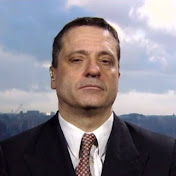 Alexander Mercouris
Alexander Mercouris
Russia Acts on Kazakhstan, Ending the Color Revolution Era in the former Soviet Space News Topic 382 Several Injured in Shooting on Almaty's Republic Square, Sputnik Correspondent Reports https://sputniknews.com/20220106/shoo...
Important Original Comments (selected by our editors)
[Note to moderators: New Eastern Outlook is censored by Brave browser & probably others, so please allow this copy & paste.]
British Intelligence Intensifies its Struggle against Russia and China in Central Asia
In a recent interview for the The Telegraph Damian Hinds, the British Minister of State for Security and Borders, named the most threatening states with which British politicians and secret service agents must contend. According to him, clear dangers are posed by Russia, China, and Iran.
That a representative of Britain’s present-day political and military elite is willing to speak in such hostile, specific, and repetitive terms comes as no surprise: ever since the 19th century London has been unsuccessfully attempting to “pacify” Russia and China, whose actions in Central Asia were supposedly a threaten to the “domain of the British Empire” in the Near and Middle East. In Britain, this idea has long since become an obsession in the truest sense of the word. As such, official London misses no opportunity to demonstrate its anti-Russian and anti-Chinese bona-fides, working the media into a frenzied clamor of hostility and propaganda.
Under the cover of this popular hysteria, Britain made large-scale covert interventions in Central Asia meant to hinder the extension of Russian and Chinese influence in the region, shut their goods out of traditional markets, and take control of the trade-routes linking Moscow and Beijing to the Middle East across the Caspian and Aral regions.
For Britain, as indeed for other NATO powers, Central Asia is an area of long-standing strategic interest. To some extent this is due to the region’s significant mineral reserves, as well as its strategic location as a bridge between Europe and Southeast Asia. For precisely this reason the West has been especially active there in recent years, trying to forestall any revival of Russian and Chinese strategic presence and to use this important bridgehead to exert pressure on both Moscow and Beijing. Secret intelligence organs have been actively employed in this effort. Thus, back in the autumn of 2005 American and British intelligence recruited elements of the Islamic Movement of Uzbekistan (the IDU – banned in Russia) in the province of Kunduz to organize an attack on the southern provinces of Kyrgyzstan, although this operation was never actually carried out.
The appointment in June 2020 of Richard Moore, a former ambassador to Turkey, as head of MI6, Britain’s foreign intelligence service, was a move to strengthen the British position in the Central Asian theatre. He is not only a stalwart Russophobe, but also a fierce apologist for Great Turania: that is, the success of the pan-Turkist aspiration to create a state uniting the Turkic-speaking peoples in Central Asia, the Caucasus, and even for that matter in the Russian federal republics of the Volga region, the Urals, and the North Caucasus. Richard Moore has long nurtured this project. The key to London’s plans in this area is winning the support of Erdogan, president of the Turkish Republic Erdogan, and the now-head of MI6 worked to realize this aim during his ambassadorship in Turkey in 2014-2018. To this end Moore organized repeated visits to Britain where the Turkish leader met with representatives of its political-military establishment; always supported Erodgan’s course for Turkey in his official statements; and gave packing to his political party. Since the abrupt cooling of Ankara’s attitude to the USA and the EU following the failed coup of 2016, which involved partisans of the Islamist preacher Gülen and members the American secret service, Britain has practically become Turkey’s leading ally in the West, with a central role played by Richard Moore. It was through Erdogan that Moore established a friendly relationship with the Azerbaijani leadership; through Erdogan that he actively observed the situation in the North Caucasus and the former Soviet republics of Central Asia. British law enforcement and intelligent agencies showed a particular zeal for strengthening Britain’s position in Central Asia through their involvement with the elder daughter of Nursultan Nazarbayev and the disgraced daughter of the late Islam Karimov.
With Moore taking the helm, British intelligence has noticeably intensified its activities in Kazakhstan, Kyrgyzstan, Tajikistan, and Uzbekistan. Both pan-Turkist organizations have tame Islamist groups have been strengthened in order to neutralize the influence of Moscow and Beijing in the region. Turkey’s part in this great game is to serve as a kind of battering-ram for British interests.
A no less important role must be assigned to the British Council’s activities in the region: in Central Asia and elsewhere, this organization is a known front for British intelligence operatives. The British Council has covered all of Central Asia with its “projects”. Britain has extensive experience in using ethnic conflicts to broaden its influence from its imperial days, and this strategy is central to the work of British intelligence in Central Asia. Being well aware that the Ferghana valley is a potential hotbed of destabilising ethnic conflict in the region, especially for those states whose borders are entangled there, the British Council has thoroughly studied the situation there and established contacts with as many informal assets as possible: drug-barons, nationalists, and radicals are all being subjected to its “re-education”. For the last 30 years, under the banner of the so-called “Eastern Partnership” policy, the British Council has penetrated most of the state structures of the region and formed a powerful network of influence.
Under the cover of the Western coalition’s military campaigns in the Middle East against the terrorists of Daesh, British intelligence has also established contacts among several of the terrorist organizations now re-locating to Afghanistan. Daesh militants from among the citizens of Central Asian states and the Transcaucasus were given special attention as potential British assets. A clear example of this is furnished by the official confession by Dagestan native Azamat Ayvazov that he was recruited by British intelligence, who deceived him into travelling to Syria and joining the ranks of Daesh. From Ayvazov’s confession one can draw the conclusion that British intelligence operate a pipeline through which potential terrorists are moved between Turkey and Syria.
Further insight into the ties between the British secret service and terrorist groups is provided by the recent media reporting of a meeting on the Syrian-Turkish border in May 2021 between Jonathan Powell, a high-ranking representative of MI6, and the leadership of the Al-Nusra Front terrorist organization (the Jabhat al-Nusra; banned in Russia). Powell offered to remove this criminal militia from the list of terrorist organizations in exchange for its loyalty to the West. This organization is of special interest to Britain as emigrants from Central Asia fight in its multi-national ranks.
Britain has long been developing its own program for the countries of Central Asia. A full decade ago, the British parliament formed a working group for this region in which more than twenty members of the Lords and Commons took part. Its strategy was based on strengthening economic and military-political co-operation with the Central Asian countries.
Britain makes active use of NGOs working in the field of education to project London’s ideological influence. One of these is the University of Central Asia, founded by the Aga Khan Foundation (headquartered in London) and having branches in Kazakhstan (Tekeli), Tajikistan (Khorog), and Kyrgyzstan (Naryn). Aga Khan IV, spiritual leader of the Ismailis, is well-known for his and his family’s close ties to the British intelligence community, and himself takes an active part in advancing Britain’s political ends.
(Vladimir Odintsov, political observer, writing for the online magazine “New Eastern Outlook”.)
If you find the above useful, pass it on! Become an "influence multiplier"!
The battle against the Big Lie killing the world will not be won by you just reading this article. It will be won when you pass it on to at least 2 other people, requesting they do the same.
| Did you sign up yet for our FREE bulletin? It's super easy! Sign up to receive our FREE bulletin. Get TGP selections in your mailbox. No obligation of any kind. All addresses secure and never sold or commercialised. [newsletter_form] |
![]() This work is licensed under a Creative Commons Attribution-NonCommercial 4.0 International License
This work is licensed under a Creative Commons Attribution-NonCommercial 4.0 International License
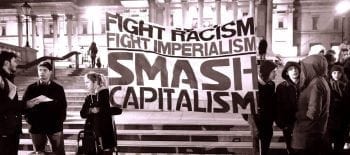


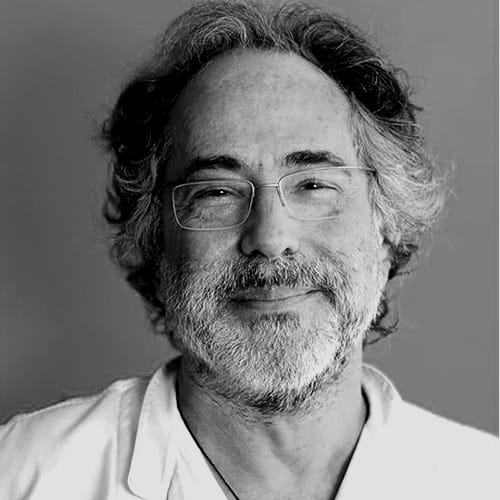

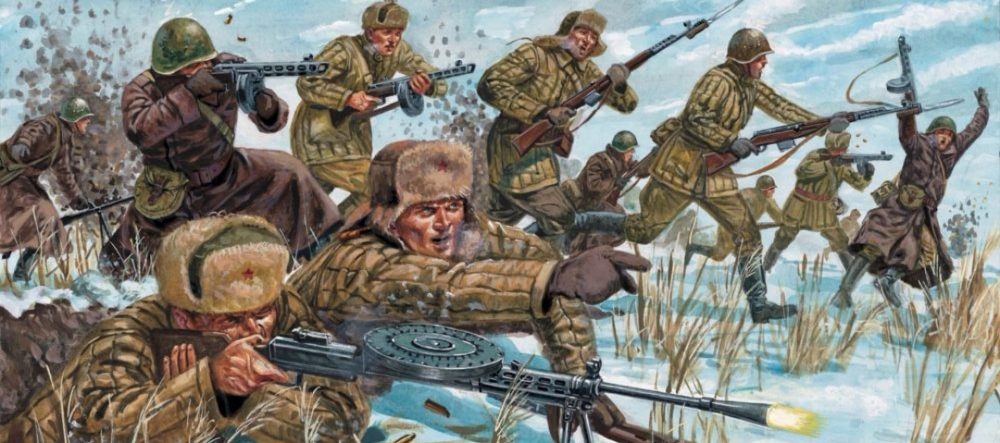


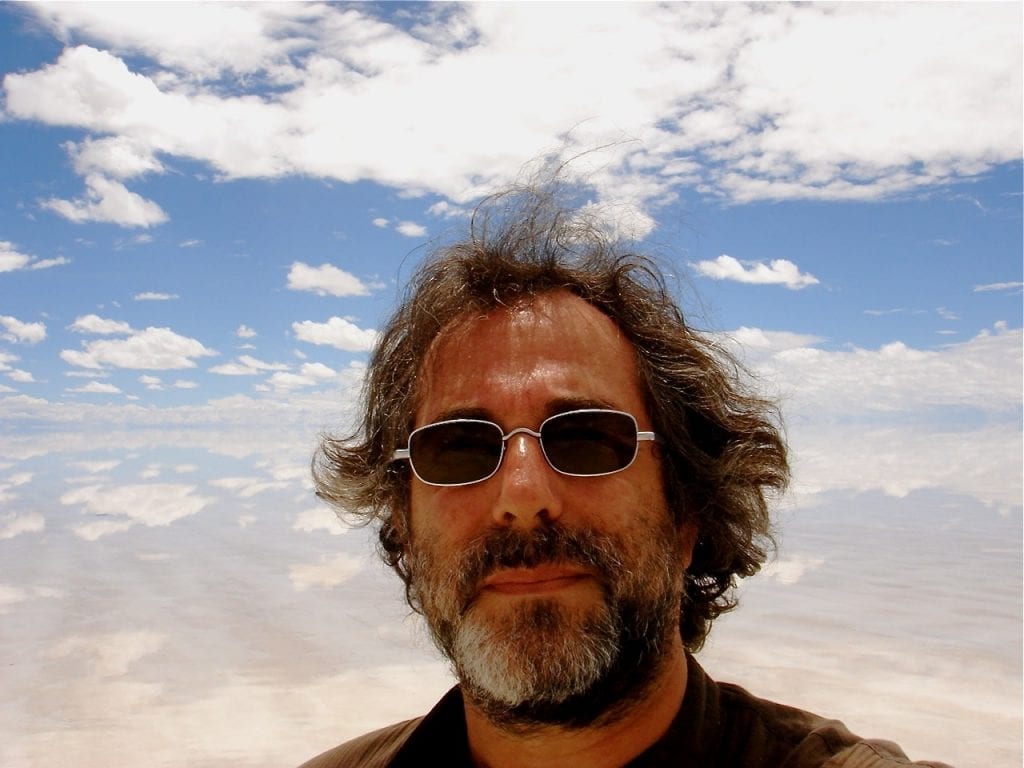









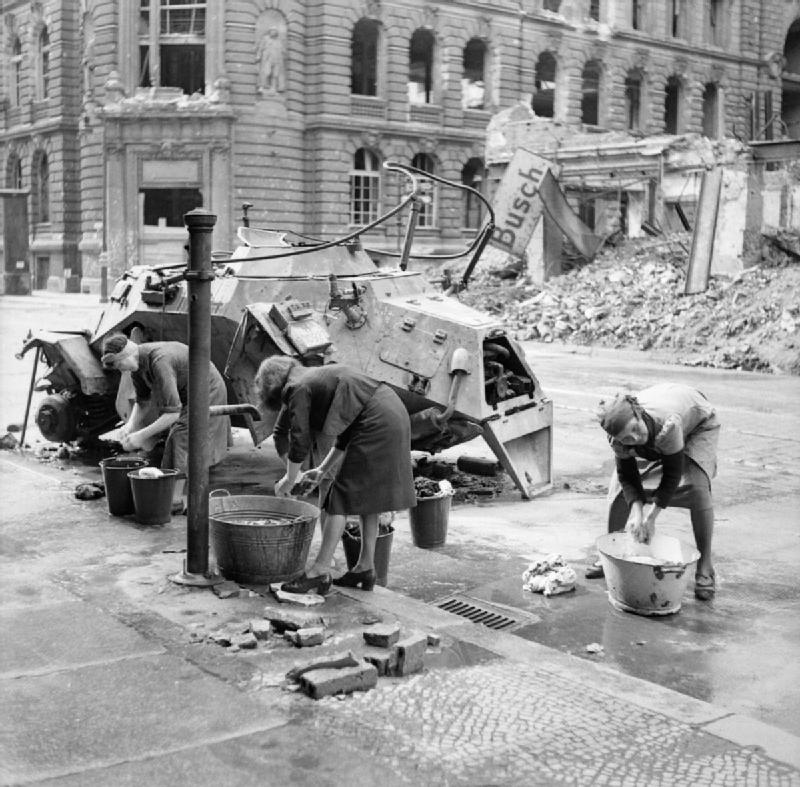









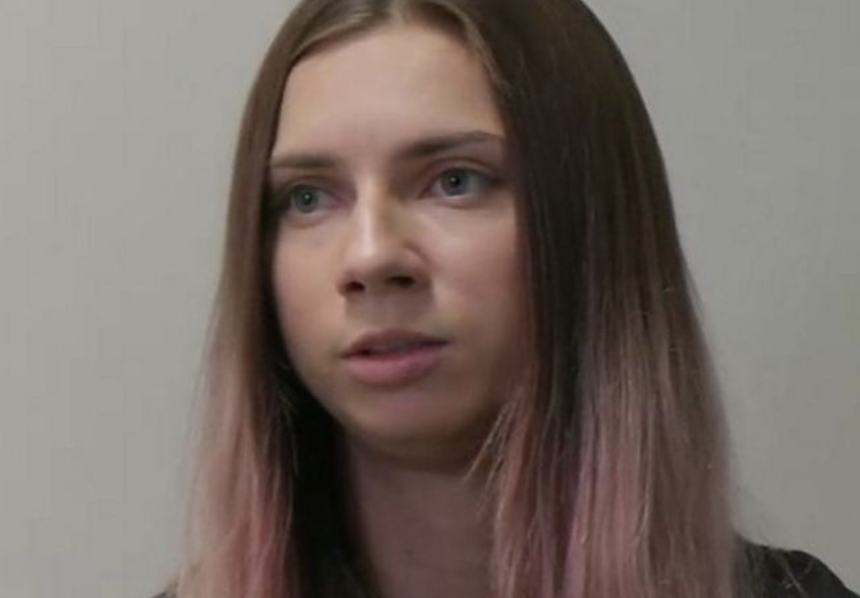
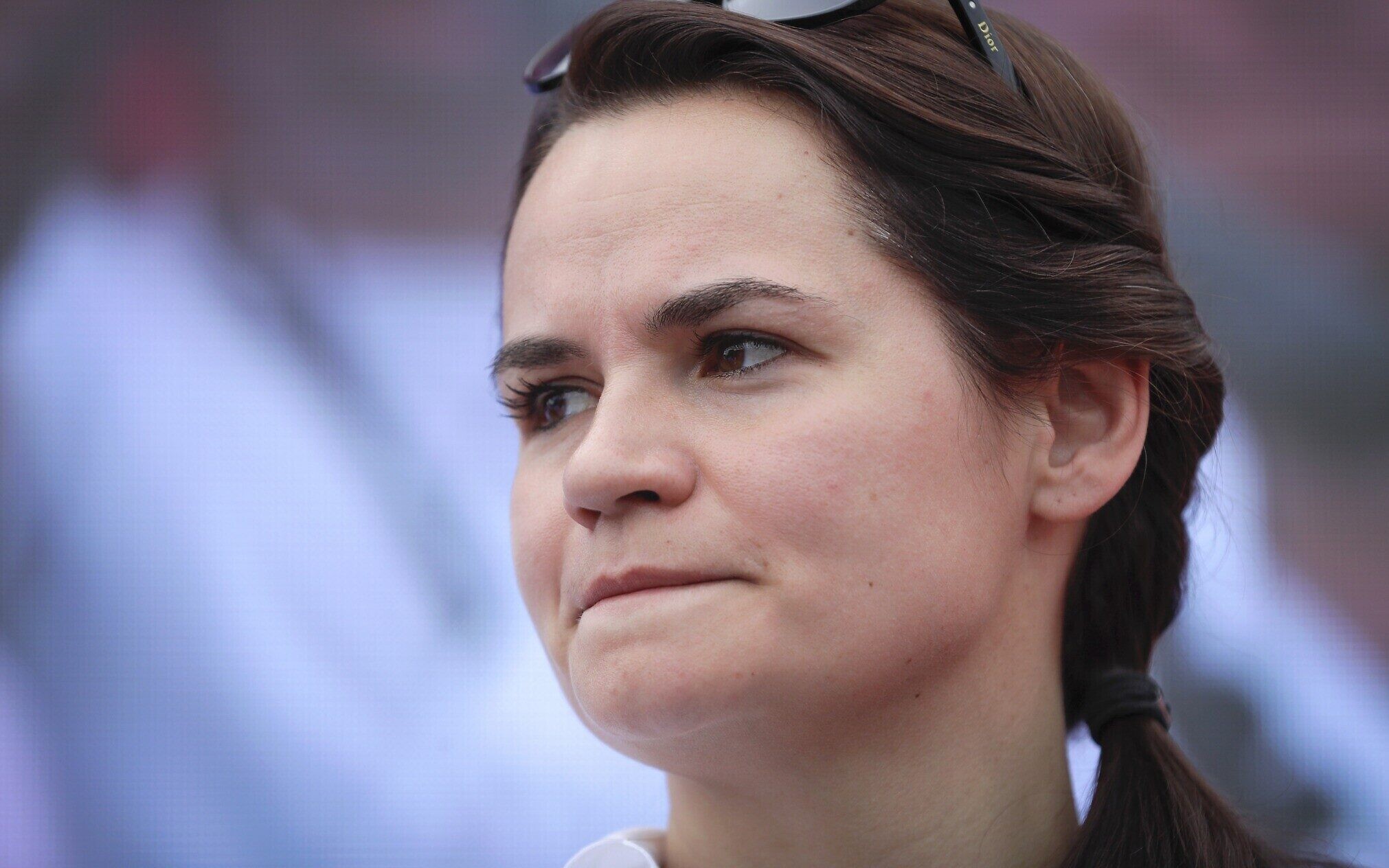
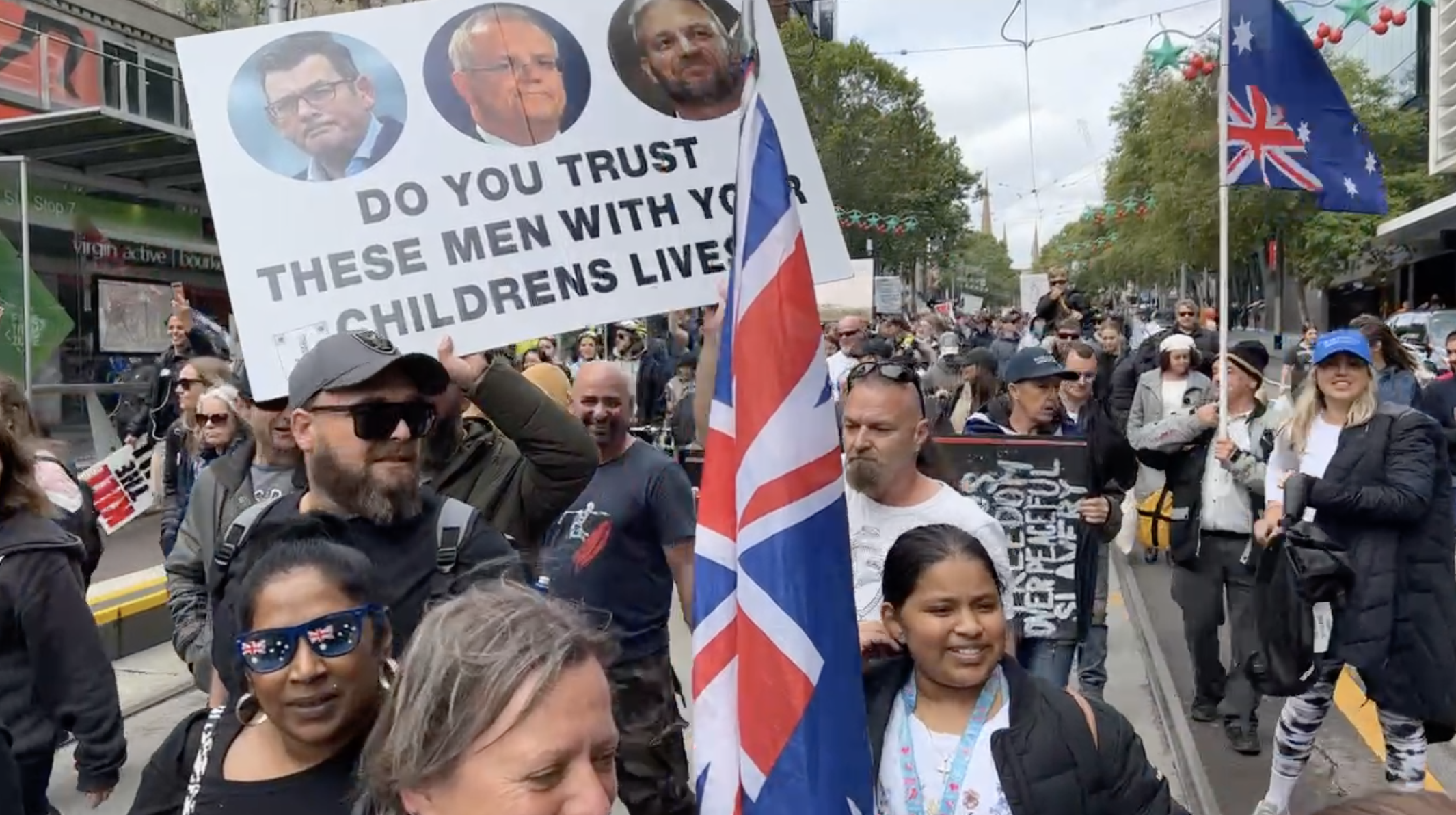
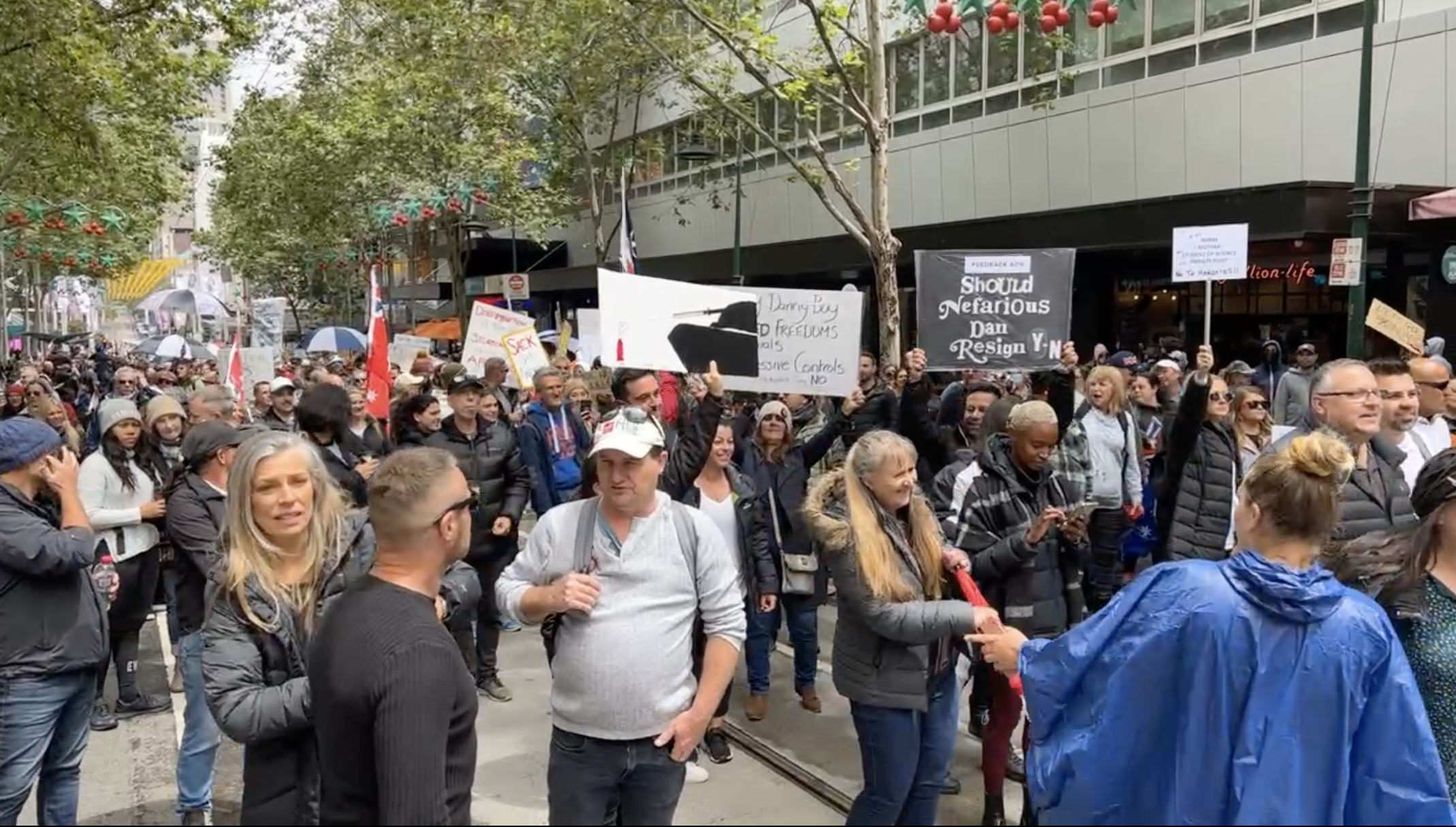

GetInformed on January 06, 2022 · at 1:53 pm EST/EDT
The NED is funding 20 projects in Kazakhstan while it is also funding 29 projects in Kyrgyzstan. One has to wonder what they have brewing there:
https://www.ned.org/region/eurasia/kyrgyz-republic-2020/
The IRI (International Republican Institute) website offers some more insight. The IRI is one of 4 sub-organizations within the NED. You will notice in their “job postings” section their projects are very much in line with the RAND Report Pepe had cited:
https://www.iri.org/work-with-us
In Kyrgyzstan, they are looking to coordinate “focus groups” to see how they can utilize the “corruption” angle (this is the the same as their “human rights” tactic) against their current President:
https://www.iri.org/sites/default/files/wysiwyg/eurasia2021k06o_rfp_-_extended.pdf
We can’t say for sure that this is the direction that the NED will go but this is a directive that they are funding. The NED is analogous to a regime change venture capital firm. They make a variety of investments in different projects. Some investments are larger than others. They just need 1 to give them the big payoff.
Sometimes these investments are relatively small but they have the desired impact. For example “Pussy Riot” was an NED project. I am sure that the NED “executives” would argue that the small $25K investment (I am not sure of the exact amount) in the “Pussy Riot” project was an investment that “paid off.”
Let’s hope that Nazarbayev does to the rebels what Sisi did to the M.B.
The old man is out of office, out of power, out of the government and in deep doodoo for all his corruption. His family and clan are in trouble.
I wouldn’t be surprised if they name of the capital returns to Astana.
Nazerbayev is the problem.
-Playing the multi vector game
-Getting rid of the Russian alphabet for the Latin alphabet
-Adopting British laws
-Playing the pan Turkic card with Erdogan
–Allowing the proliferation of NGOs
There are other things I could name but these are just the main ones
Nazerbayev was a false friend to Russia.
The new president should look to Russia to establish himself in the role of president.
Listen to the people.
Stop the plunder of resources for favoured clans – spread the wealth.
Also Kazakhstan is a secular society and needs to act like one.
End the nationalist policies so that those who are not Kazakh have equal rights to language and culture.
AND, Below, a portion of a comment thread from Moon of Alabama's excellent analysis on this same topic (Mysteries Of The Failed Rebellion In Kazakhstan):
"But why then launch this operation at all?"
As several people have suggested in the comments, one possibility is that RF counterintelligence got their hands on the levers of the whole thing, and started it up. With Tokayev in on the play. It had been set up for a long time, of course. Pretty funny if, as the Reuter piece suggests, the top management of MI6 and CIA were also played, and not only assets like Massimov.
Posted by: veto | Jan 8 2022 19:44 utc | 20
If NATO and / or Americastan is / are behind this perhaps 20,000 member invasion force this is a supreme international crime differing only from other war crimes in that it contains within itself the accumulated evil of the whole. Whether there was any kind of wishy-washy "non-declaration" "authorization" from Congress is not really relevant. There needs to be at least an internal investigation of our "gud" "federal" gubberment and the corporations and NGOs that own it lock, stock, and barrel. For a nation claiming to be a "Constitutional Republic," this is what few in the nation I live in dare to call it -- high treason.
Posted by: William Haught | Jan 8 2022 19:44 utc | 21
Very nice sum-up of a sticky mess b.
***
mikhas | Jan 8 2022 19:19 utc | 12
Armenia is one of the CSTO states sending toops. 100 of them. Plus the Armenia -Turkish "rapprochement" is taking place in Moscow, in full view.
****
"The Russian MoD said more than 70 Il-76 and 5 An-124 transport aircraft are being used to deliver Russian forces to Kazakhstan around the clock. That is a really huge share of its transport aviation if true, and could transfer a large force quickly."
Posted by: Stonebird | Jan 8 2022 19:45 utc | 22
Posted by: Anon | Jan 8 2022 19:28 utc | 14
Interesting! Maybe Putin set him up to get that invite for his military to take over from K's military guarding state organs 🙂 If yes, then this is worrisome as it would be expected Russian move ahead of expected confrontation in their western frontiers.
Posted by: justanotherdog | Jan 8 2022 19:47 utc | 23
It's been well known the Empire and NATO have had their eyes on the Caspian Sea peripheral ever since the USSR breakup. I am really surprised that Russia didn't have a pulse on the regions under currents all this time.
Posted by: Oriental Voice | Jan 8 2022 19:50 utc | 24
The protests in Almaty and Aktau do not so much resemble the Color Revolution attempts in, say, Hong Kong in 2015 and 2019, but rather the Arab Spring protests that occurred across North Africa and the "protests" in Syria that instigated the de facto Western invasion of that country in 2011. Perhaps that was the intention behind these "protests" in Kazakhstan. Bear in mind the original "protest" in Syria occurred not in any of the country's major cities but in a town near Lebanon.
Notice that the "protests occurred in cities near Kazakhstan's borders with Turkmenistan, Kyrgyzstan and China (Xinjiang). The "protests" could have been staged close to those neighbours with an expectation to spill across borders. Whose expectation, we don't as yet know, but if the Almaty unrest had spread to Xinjiang, that would certainly help ruin the staging of the Beijing Winter Olympics by giving Western nations an excuse to withdraw their teams on security grounds.
It seems likely that several intel agencies and a number of private contractors from different countries might be working together to try to pull off future Color Revolution schemes in the Eurasian heartland at least. The US and CIA may not have so many contacts here in this part of the world (no airbases here and having consulates closed in Russia and China also does not help) and must rely on other intel and propaganda agencies, and private security agencies drawn from other countries - assuming of course, that the US and the CIA are the ones who started the operation.
The British are very likely to be heavily involved given their past history of meddling in this part of the world with Russia as their main adversary and their recent involvement in the war against Syria in various ways (boots on ground, funding of White Helmets, the propaganda effort thru Syrian Observatory of Human Rights, film makers who win Oscars for Best Documentary, and other outlets).
Posted by: Jen | Jan 8 2022 19:53 utc | 25
#4
I've been thinking this for some time as well. "It might be just a smart timing to trigger wests preparations for color revolution in Kazakh too early, and eliminate suspects on own terms, catching them with pants down."
#5
already happening
thanks B for all that you do
Posted by: hannibal | Jan 8 2022 20:05 utc | 27
Colour revolutions mostly happen in connection with elections, but this was not the case here. It does not exclude the possibility of western meddling, but it looks like a power struggle between Tokayev and Nazarbayev factions has been central, with CIA/MI6 types likely on the Nazarbayev team.
Posted by: Norwegian | Jan 8 2022 20:06 utc | 28
Tokayeff and VVP are great friends. It is especially interesting that both love tigers. Below is a link to a very interesting piece on Turanian tiger where they show their environmental concerns. Perhaps, environmentalists will finally be able to save the steppe fauna. After all the Soviet nuclear tests, doing something good to prevent global warming would be great:
https://www.zakon.kz/5085341-chto-izvestno-o-turanskom-tigre.html
Posted by: Danil | Jan 8 2022 20:08 utc | 29
Meeting with Nursultan Nazarbayev December 28, 2021, 13:35 St Petersburg
Informal meeting of the CIS heads of state December 28, 2021, 14:50 St Petersburg
Meeting with President of Kazakhstan Kassym-Jomart Tokayev December 28, 2021, 15:30 St Petersburg
Posted by: ΚΓΨ | Jan 8 2022 20:12 utc | 32
lysias 19
Murray says the same abut every color revolution. Always its the fault of corrupt authorities and the trouble makers are just genuine people with genuine grievances.
That's not saying that these issues do not occur as color revolution are built around genuine grievances that already exist or can be caused to exist.
Where there is corruption, people can be bought which is very fertile ground for the US and UK.
Posted by: Peter AU1 | Jan 8 2022 20:16 utc | 33
@mikhas | Jan 8 2022 19:35 utc | 17
Not many flights over Kazakhstan now, but I did find an Il-76 with N/A both for origin and destination, but apparently heading for Moscow https://www.flightradar24.com/RFF8393/2a6f3221
and...
An Antonov-124 on the same path https://www.flightradar24.com/RFF8460/2a6f5f51
Another Antonov-124 https://www.flightradar24.com/RFF8494/2a6f4a73
Another Il-76 https://www.flightradar24.com/CTA0558K/2a6f4459
All heading for Moscow
Posted by: Norwegian | Jan 8 2022 20:18 utc | 34
If the Ruskies were immediately ready with military force, it could be, as B suggests a fantastic response to "a priori" held intel or, just as likely, from my POV, a plan that was compromised long ago but patiently nurtured after neutering and then led, like a steer, to slaughter...when it held the greatest market value.
For Blinken and all the other 3LA accolytes it was probably meant as wake up call but, there the Ruskies failed, you can never wake the denizens of DC, their inflated egos make them the equivalent of the zombies in "the night of the living dead". We will lose this empire to DC's "bonfire of vanity".
Posted by: S Brennan | Jan 8 2022 20:22 utc | 36
Now that (not so) poor Nazarbayev is not needed anymore, the time is for more comprehensive disclosure how much he and "his extended family" managed to save during long years if the dad/grandad had "the office job no. 1"
OpenDemocracy
As Kazakhstan burns over inequality, the elite’s wealth is safe and sound in London
London is home to some £530m in luxury property owned by the country’s ruling class
Thomas Rowley, 6 January 2022, 2.39pm
Four thousand miles away in London, though, the UK assets of the Kazakhstani ruling class are sitting quietly. The Central Asian state’s elite owns at least £530.4m of luxury property in London and the southeast, according to data released in a recent report by Chatham House. Some £330m of that luxury property is owned by the extended Nazarbayev family.
=====
If true, it does not speak well for the collegial spirit of Nazarbayev: most of the loot went to them. As it was pointed out by Anatoliy Shariy, such spills of info do not happen so long as the group in question is of any use to the West. Although over the years, there were articles about this or that mansion being a property of a daughter, or a grandson of the patriarch.
Mind you, London and "collective West" is a safe heaven for the (not so) hard earned savings only as long as the family is in good graces. Seems that it is more efficient to be ruled by a strongman who is not THAT cosy with the West: some level of corruption is unavoidable, but billions of USDs may be too much if you add the cost of favors that were associated with those billions, and which were not invested back in the country's economy.
Posted by: Piotr Berman | Jan 8 2022 20:25 utc | 37
#Norwegian:
They're using 2 different an-124 every day (3 yesterday) as you can see and at least 5 probably more il76. Each of them make 2 trips daily.
Impressive. This must be one if not the biggest Russian air lift operation in recent history.
Posted by: mikhas | Jan 8 2022 20:39 utc | 39
... like Russian Air transports in syria some kind of gps blurring technique and turning off of transponders is going on over Kazakhstan a while after departure. Probably a safety measure against MANPADS.
Posted by: mikhas | Jan 8 2022 20:47 utc | 40
THIS IS OF PARTICULAR INTEREST—Whoever heard of a country with almost 40,000 NGOs???
The International Center for Not-for-Profit Law (ICNL) estimates there are 38,000 active NGOs in Kazakhstan while the majority of them is funded by the United States and European countries by way of grants and donations.
"[I]t appears that the US funds and foreign NGOs have done quite well based on the uneasiness within the country," Rasmussen said. "Moreover, the UK has over 85 NGOs also present in Kazakhstan and have provided significant funding to provide "civil society and rule of law."
The most active participants in the political and social processes in Kazakhstan are such entities as the US Agency for International Development (USAID), the National Endowment for Democracy, the American Bar Association, Freedom House and many others, Rasmussen added.
This amounts to one (1) NGO for every 526 Kzakhs, spending USD$95 / each.
In a country with a monthly income of USD$ 220/month, this is 43% of the average Kzakh's monthly income.
Yet unanswered.... why the Kzakh government permitted this to happen....
I am of the opinion... the number of NGOs will be markedly reduced in the coming weeks/months....
While NATO howls....
INDY
Posted by: George W Oprisko | Jan 8 2022 20:51 utc | 41
The views expressed herein are solely those of the author and may or may not reflect those of The Greanville Post. However, we do think they are important enough to be transmitted to a wider audience.